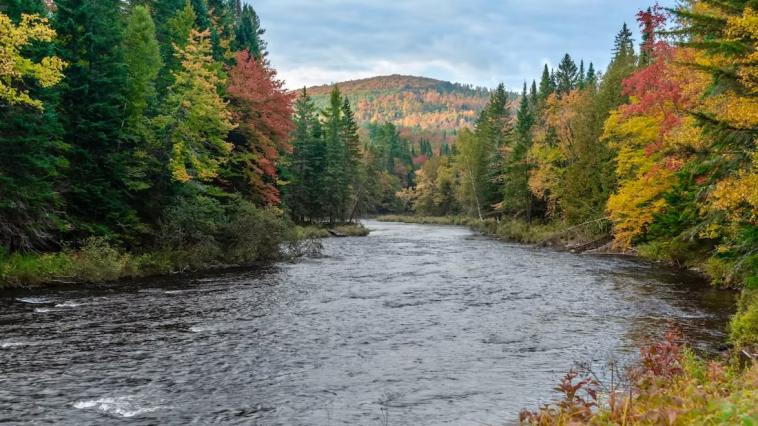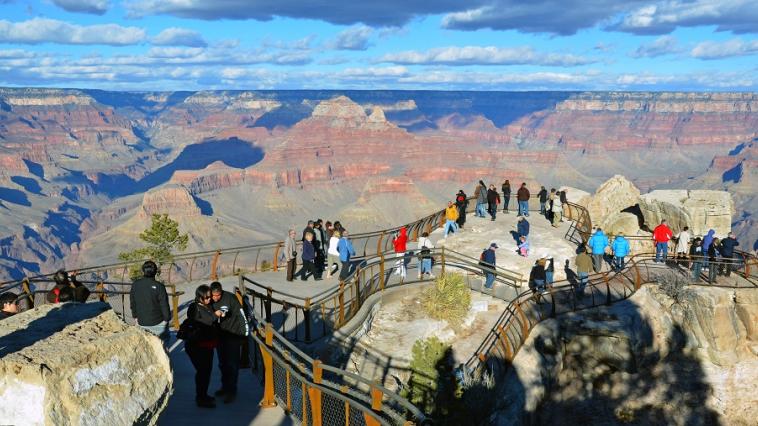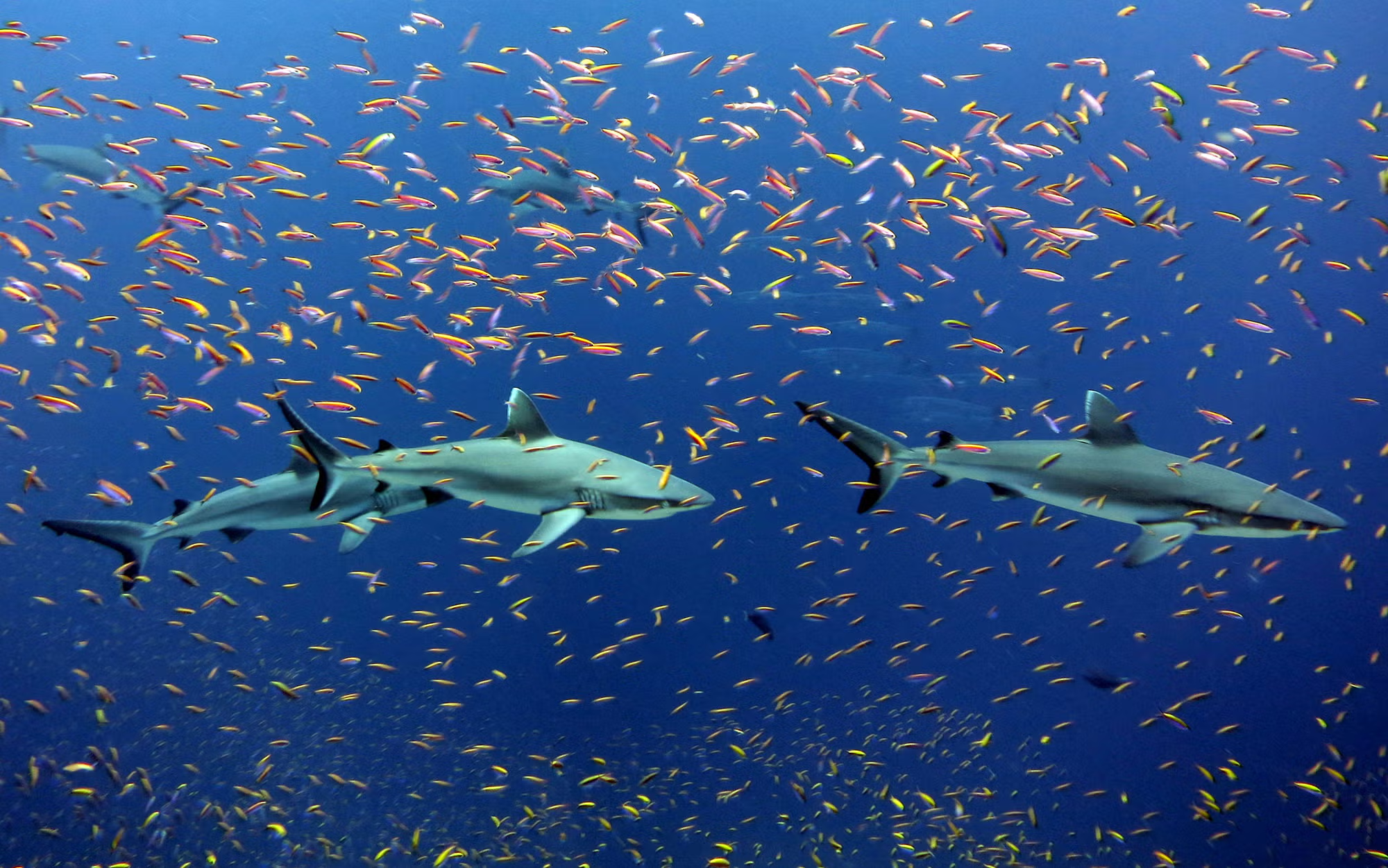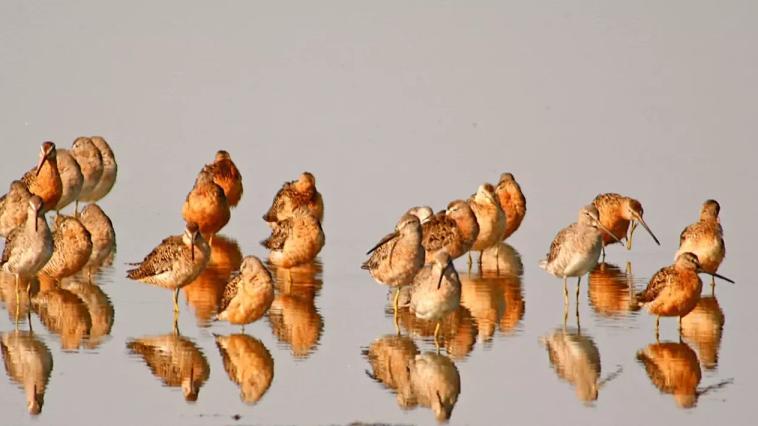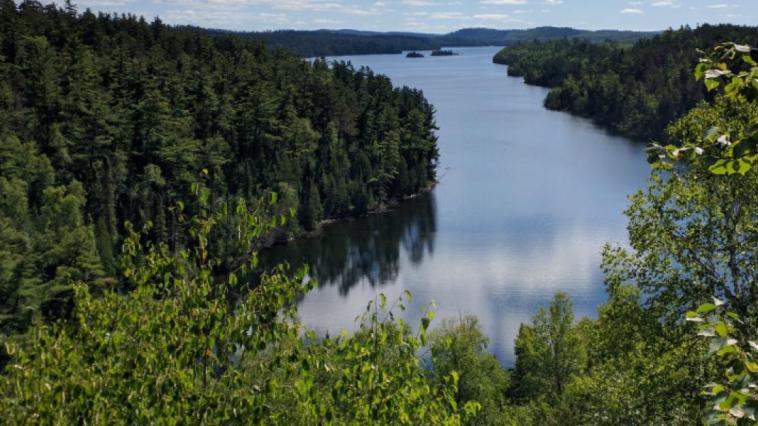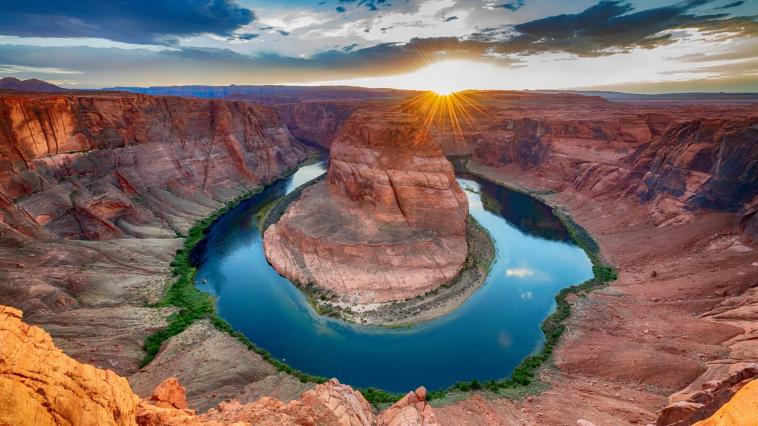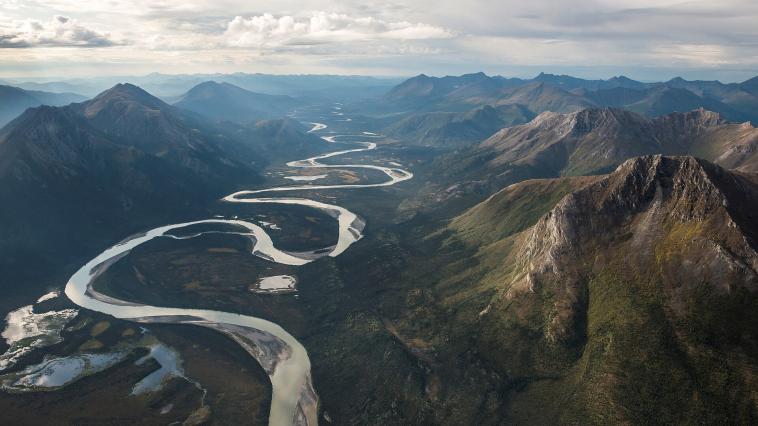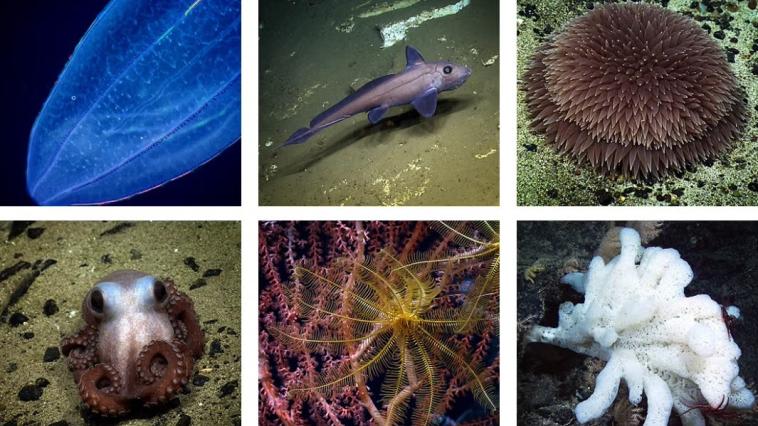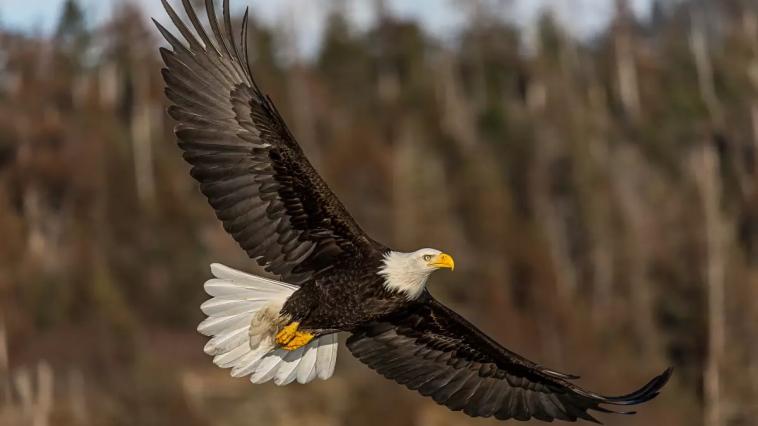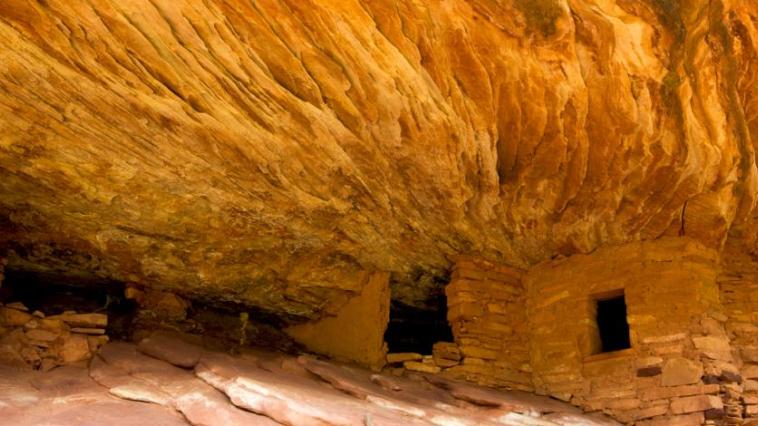Drilling in the Arctic National Wildlife Refuge
Issue tracker and action guide
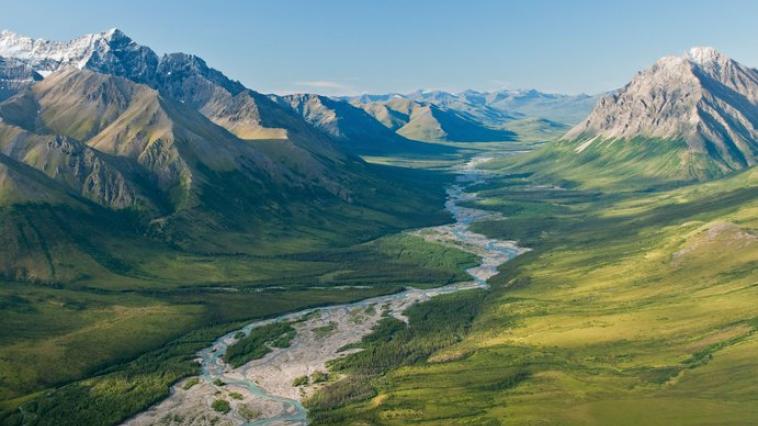
Summary
A defining environmental line in the sand for over 40 years, drilling in the Arctic National Wildlife Refuge (ANWR) is on the cusp of happening. Several environmental and Alaska Native groups have sued to stop oil and gas exploration in ANWR. Give them all the support you can.
What's Happening
ANWR Founding — ANWR was established in 1960 by Dwight Eisenhower. Today, it is the largest National Wildlife Refuge in the United States System.
Reinstating leases — On March 20, the Department of the Interior announced plans to reinstate previously canceled oil and gas leases in the refuge's Coastal Plain. The order rescinds Biden's moratorium on drilling activities in the refuge.
Strong opposition — This decision has sparked strong opposition from environmental groups and Indigenous communities, particularly the Gwich’in Nation, who view the area as sacred and essential to their way of life.
Looming threat — Oil exploration could begin as soon as winter 2025, according to reports. Environmental and Alaska Native groups are continuing to pursue legal avenues to stop drilling in ANWR.
Why It Matters
Threats to caribou and subsistence hunting — ANWR's Coastal Plain provides critical habitat for the Porcupine caribou herd. The Gwich’in Nation relies on the caribou for subsistence hunting. Studies show that oil and gas development can displace caribou from calving grounds, reducing calf survival rates.
Cultural and spiritual importance — The Gwich’in Nation calls the Coastal Plain “The Sacred Place Where Life Begins” and opposes drilling, citing threats to caribou, their culture and food security.
Risks to polar bears — ANWR is designated critical habitat for the threatened Southern Beaufort Sea polar bears, which uses the area for denning. Industrial activity can cause den abandonment and reduce cub survival.
Critical habitat for migratory birds — ANWR’s supports more than 200 species of migratory birds from all 50 states and across the world.
Climate impacts — Greenhouse gas emissions from fossil fuel development will worsen Arctic warming, which is occurring 4 times faster than the global average.
Long-term ecosystem damage — Arctic tundra ecosystems recover extremely slowly from disturbances. Roads and pipelines lead to fragmentation of the landscape and permafrost thaw.
How To Help
Organization To Support: Gwich’in Steering Committee is a powerful local voice in opposition to drilling in ANWR. Please follow them on social media, engage with their content, and support them any way that you can.
